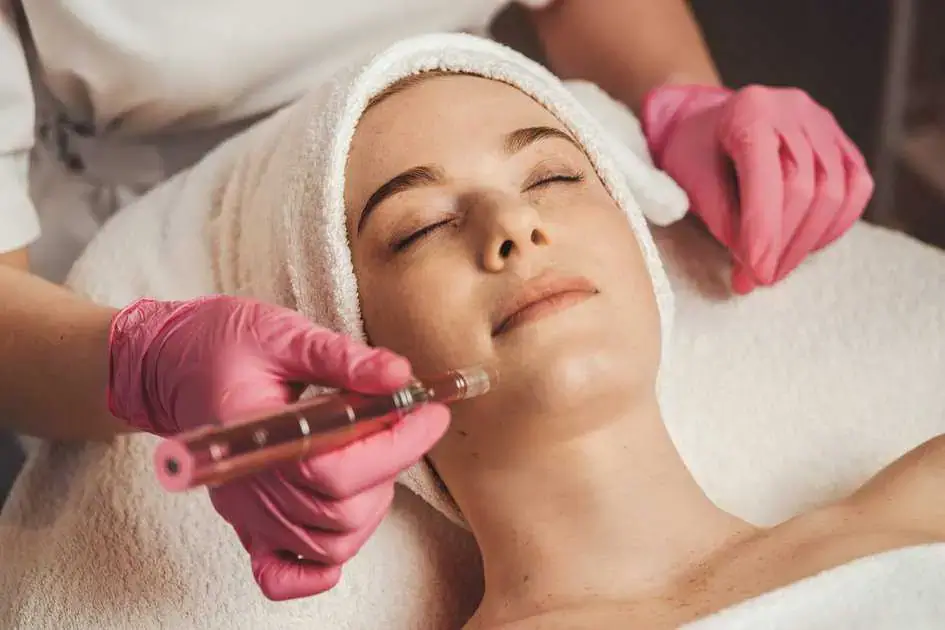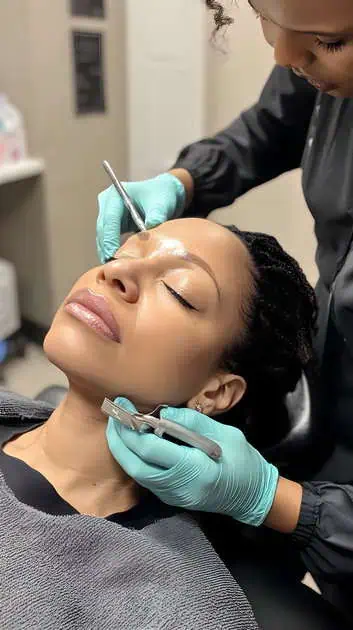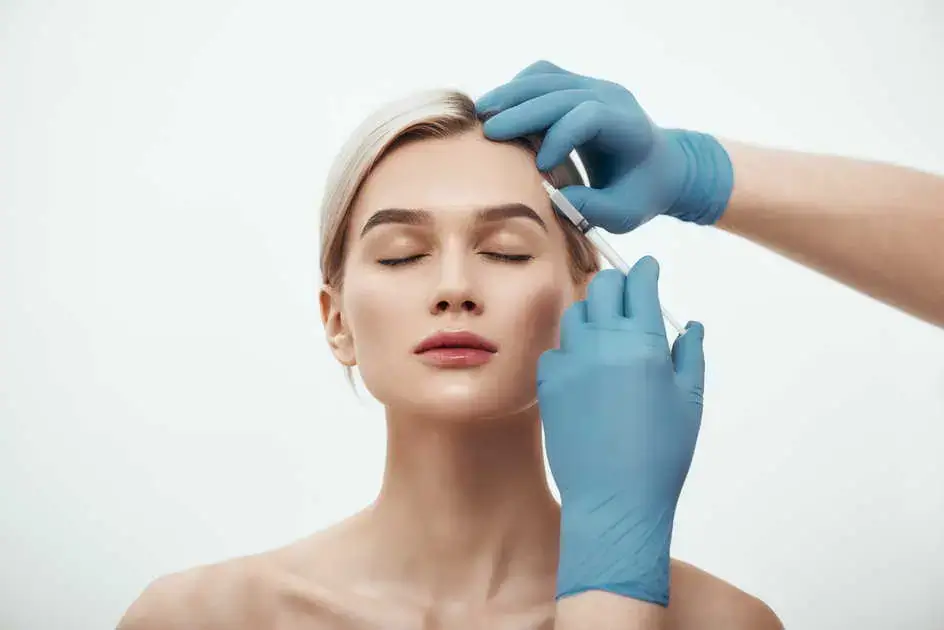In the world of skincare, achieving radiant, youthful skin is a journey many of us strive for. Chemical peels have demonstrated remarkable effectiveness in treating various skin issues, including acne scars, pigmentation, and fine lines. Let’s dive into the art and science of chemical peels, their benefits, and why selecting the right clinic is crucial, especially if you’re considering chemical peels in Tampa, FL.
What Are Chemical Peels?
Chemical peels are dermatological treatments that use chemical solutions to exfoliate the skin. They remove the outermost layers to reveal fresh, unblemished skin beneath. The solutions typically contain different types of acids that vary in concentration, depending on the depth of the peel required. The three main categories are:
- Superficial Peels: These are the mildest form, often using alpha hydroxy acids (AHAs) like glycolic or lactic acid. They target the outermost layer of the epidermis to improve skin texture and tone.
- Medium Peels: They frequently use trichloroacetic acid (TCA) to pierce the skin more deeply. They are effective for treating age spots, wrinkles, and moderate skin discoloration.
- Deep Peels: Using phenol or higher concentrations of TCA, deep peels reach the deeper layers of the dermis. They are effective for severe wrinkles, sun damage, and significant discoloration but require longer recovery times.
How Do Chemical Peels Work?
Chemical peels function by applying a chemical solution to the skin to eliminate the topmost layers, exposing smoother, more youthful skin beneath. This is a controlled exfoliation procedure. Here’s a step-by-step look at how chemical peels achieve their results:
Preparation
- After a thorough cleansing to get rid of pollutants, oils, and makeup, the skin is occasionally treated with a pre-peel solution.
Application
- The chemical solution (AHAs, BHAs, TCA, phenol) is applied using a brush, cotton pad, or gauze.
Reaction
- Controlled exfoliation results from the acids’ breakdown of the bonds holding dead skin cells together.
- You may experience burning or tingling during this process.
Neutralization
- Some peels require a neutralizing solution to stop the exfoliation process, while others neutralize naturally.
Recovery and Peeling
- Superficial Peels: Cause slight redness and flaking for a few days.
- Medium Peels: Lead to redness and peeling for a week.
- Deep Peels: Result in significant redness, swelling, and peeling for several weeks.
Post-Peel Care
- Moisturization: Hydrating products soothe and protect new skin.
- Sun Protection: Sunscreen is essential due to heightened sun sensitivity.
- Avoiding Irritants: Harsh products should be avoided during recovery.
Overall Effects
- Cell Renewal: Peels exfoliate dead skin cells to reveal fresh, smooth skin.
- Collagen Stimulation: Medium and deep peels boost collagen production, improving skin firmness
Benefits of Chemical Peels
There are many advantages to chemical peels for different types of skin and issues. The following is a comprehensive rundown of chemical peel advantages:
- Improved Skin Texture and Tone: Exfoliates dead skin cells, revealing smoother and more radiant skin.
- Reduction of Fine Lines and Wrinkles: Encourages collagen formation to lessen wrinkles and fine lines.
- Fading of Hyperpigmentation: Lightens sunspots, age spots, and melasma for a more even complexion.
- Acne Treatment and Scar Reduction: Unclogs pores to reduce acne and diminishes post-acne scars.
- Diminished Appearance of Enlarged Pores: Tightens pores for a more refined and youthful look.
- Increased Skincare Product Absorption: Enhances the effectiveness of serums and moisturizers.
- Boosted Collagen Production: Stimulates collagen production to improve skin elasticity and firmness.
- Treatment for Certain Skin Conditions: Effectively treats conditions like actinic keratosis and rosacea.
- Minimally Invasive: Offers a non-surgical solution with varying recovery times.
- Customizable Solutions: Can be tailored to individual skin concerns and types.
Safety and Side Effects of Chemical Peels
Although chemical peels can significantly improve skin conditions and refine complexion, it’s vital to comprehend their safety and possible side effects, such as:
- Redness and Peeling: Common for deeper peels but temporary.
- Hyperpigmentation or Hypopigmentation: More common in darker skin tones, emphasizing the need for expert supervision.
- Infection: Rare but possible if post-care instructions are not followed.
- Scarring: Very rare, but can occur with deep peels.
Precautions
- Consultation with a Professional: Consult a licensed dermatologist or aesthetician to determine the most suitable peel for your skin type and concerns.
- Patch Test: Ask for a patch test before the surgery to see whether you could have any allergic reactions or increased sensitivity.
- Sun Protection: Apply sunscreen daily before and after the peel to prevent hyperpigmentation and sunburn due to heightened sun sensitivity.
- Avoid Certain Medications and Products: Refrain from using harsh skincare products like retinoids, exfoliants, or Accutane for at least a week before treatment and follow your dermatologist’s instructions to discontinue oral acne medications.
- Hydration: Keep the skin well-moisturized before and after the peel to promote optimal healing.
- No Recent Procedures: Avoid recent waxing, laser treatments, or other exfoliating procedures before getting a chemical peel.
- Stay Hydrated: Consume lots of water before and after the treatment to aid the healing process.
- Avoid Picking or Scratching: Do not pick or scratch peeling skin to avoid scarring or infection.
- Post-Treatment Care: Follow post-treatment instructions provided by your skincare specialist, including applying prescribed creams or ointments.
- Follow-Up Appointments: Make follow-up consultations with your dermatologist so you may talk about any concerns and track the healing process.
- Medical History Disclosure: Disclose any history of herpes simplex (cold sores), as the treatment can trigger an outbreak, which may require antiviral medication.
- Timing: Plan the procedure well ahead of significant events to ensure full recovery time.
Not Suitable For
- People with active skin infections, open wounds, or certain medical conditions.
- Individuals who are pregnant or nursing, depending on the type of peel.
Choosing the Right Provider for Chemical Peels in Tampa, FL
Selecting the appropriate provider for chemical peels in Tampa, FL, plays a pivotal role in ensuring both safe and effective results, making it essential to choose a reputable clinic where highly skilled and experienced professionals offer carefully personalized chemical peels tailored to address your unique skin concerns. Among reputable providers in Tampa, FL, SOSA Medical Aesthetics is known for delivering high-quality, personalized chemical peel treatments tailored to individual skin needs. Committed to excellence and client satisfaction, SOSA Medical Aesthetics is a top choice for chemical peels in Tampa, with their team of experienced professionals ensuring each client receives the safest and most effective peel tailored to address individual concerns, whether it’s fine lines, acne scars, or pigmentation issues.
Conclusion
Chemical peels masterfully blend artistry and scientific principles to safely and effectively rejuvenate the skin’s appearance, allowing individuals to make educated choices about achieving a smooth, youthful complexion by comprehending the different peel varieties, benefits, and precautions. At SOSA Medical Aesthetics in Tampa, FL, our expert skincare professionals offer a variety of personalized Chemical Peel treatments meticulously tailored to address each client’s unique skin concerns, ensuring their skin attains optimal health and a radiant, youthful glow through the artful application of scientifically-proven safe resurfacing techniques. Unlock the secret to smooth, radiant skin with chemical peels, the ultimate treatment for transforming your complexion and revealing a youthful glow.











